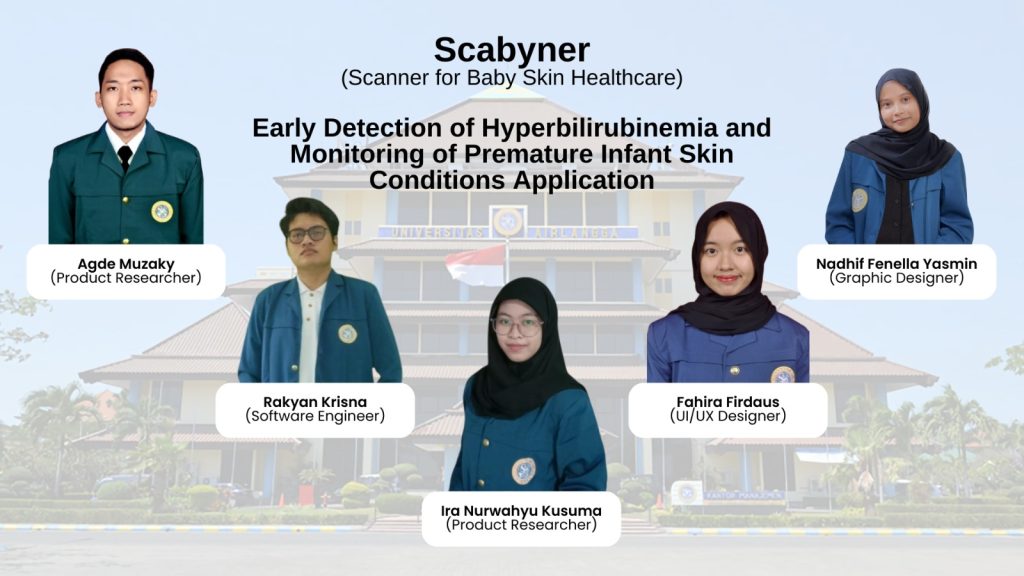UNAIR NEWS – Some students have made Universitas Airlangga (UNAIR) proud on the international stage, once again. The achievement came from five UNAIR students who won silver medals at the 2023 Future Designer International Innovation Design Awards & Science for SDGs Innovation Contest, Dec 26, 2023.
The students are Fahira Firdausi (FST 2020), Rakyan Krisna Dewangga (FST 2020), Ira Nurwahyu Kusuma (FK 2021), Agde Muzaky Kurniawan (FK 2020), and Nadhif Fenella Yasmin (FK 2022). They eliminated more than 1,500 participants from 48 countries.
The 2023 Future Designer International Innovation Design Awards and the Science for SDGs Innovation Contest were held by UNESCO. It is a platform for all students around the world to provide innovative work in realizing and supporting the SDGs for the future.
Long stages
In an interview with UNAIR NEWS, Fahira said that her team had to go through a long and strict selection to compete against students from various countries.
“Not anyone can take part in this competition. Each participant must pass the abstract collection stage to take part and proceed to the next round,” explained Fahira.
Furthermore, they developed an innovation in the abstract in the form of an application, video, prototype, and poster. It was not easy for them to develop an idea and realize it in an application.
“This is challenging, especially since I thought of the idea for the app. It’s my first time competing in such an international competition with participants from across the world,” the Faculty of Science and Technology (FST) student added.
Scabyner
“This is challenging, especially since I thought of the idea for the app. It’s my first time competing in such an international competition with participants from across the world,” the Faculty of Science and Technology (FST) student added.
“This disease is an excessive accumulation of bilirubin in the blood. Generally characterized by jaundice and changes in skin color in babies. Therefore, early detection and monitoring are necessary to ascertain if conditions are normal or call for therapy,” she explained.
The FST student added that it works like a scanner to detect the skin of babies who have hyperbilirubinemia. Results will be entered into a database to be processed by matching the characteristics of babies with hyperbilirubinemia from all over the world.
“After scanning, we propose recommendations for further treatment or not,” she added.
At the end of the interview, she expressed her gratitude to Pediatrician Dr. Mahendra Tri Arif Sampurna SpA PhD as their supervising lecturer who provides direction and input to Scabyner. “This achievement does not make us complacent about what we have achieved. We will contribute more achievements to Universitas Airlangga,” she explained.
Author: Satrio Dwi Naryo
Editor: Khefti Al Mawalia









